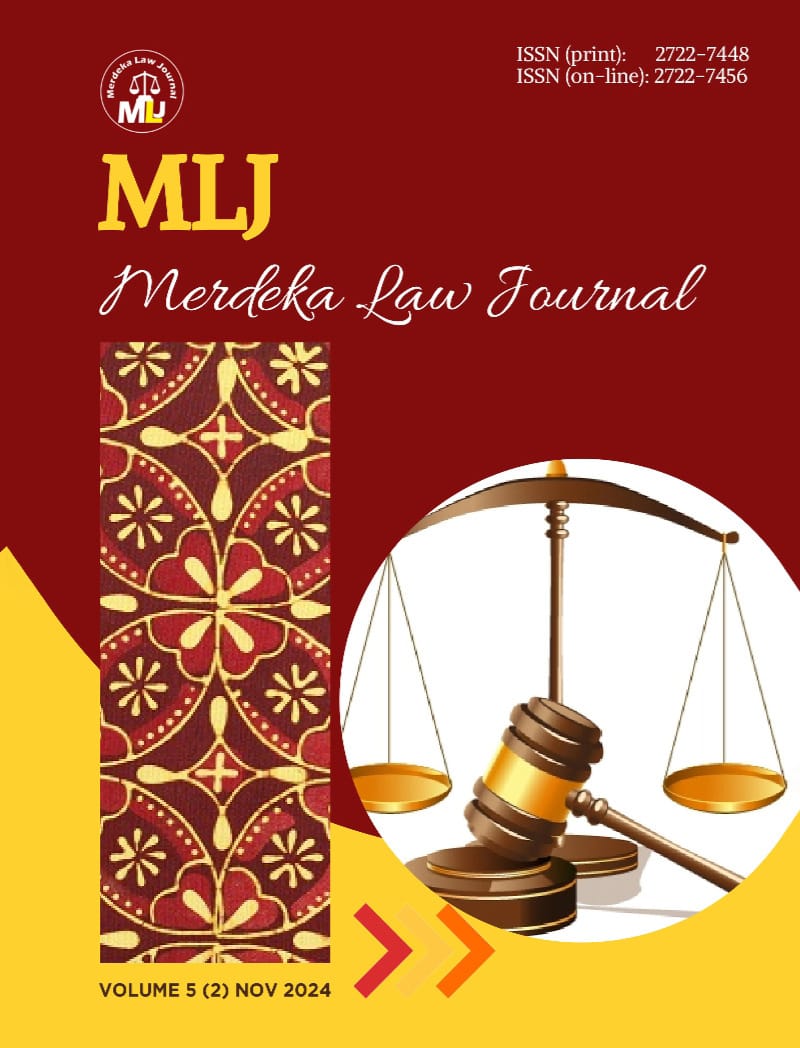Potret Penerapan Kebijakan dan Program Pengarusutamaan Gender pada Aspek Kualitas air di Instansi Pemerintah di Wilayah Malang Raya
Abstract
The Brantas River area in Malang City, East Java, has experienced a decline in water quality due to domestic waste. Many residents living along the riverbanks rely on the river as a primary water source, despite the deteriorating environmental conditions. Therefore, an in-depth study is needed on the policies and programs implemented by various related institutions using the Gender Analysis Pathway (GAP). This study examines gender mainstreaming (PUG) policies and programs adopted by government institutions in Malang City, particularly in the areas of waste management and water quality, as well as the implementation of PUG within communities residing along the Brantas River. This research is classified as empirical legal research, as it evaluates the implementation of regulations, policies, and gender mainstreaming programs within relevant agencies. The findings indicate that: (1) The implementation of PUG programs within government institutions in Malang City has not been maximized, as each department carries out programs based on its specific duties and responsibilities. (2) The implementation of PUG within communities along the Brantas River has not been carried out, as evidenced by the lack of gender-related socialization from government agencies. Additionally, community needs, such as waste bins, have not been effectively communicated to the government. There is also a desire among residents to independently measure the quality of well water, but they lack the necessary knowledge to do so. The community has expressed a willingness to learn and conduct independent water quality assessments. (3) The challenges in implementing PUG at the community level are evident, as residents lack awareness and understanding of gender-related issues, making it difficult to develop programs using gender-based indicators.
Keywords: Policy, Gender Mainstreaming, Environment
Downloads
Downloads
Published
How to Cite
Issue
Section
License

This work is licensed under a Creative Commons Attribution-ShareAlike 4.0 International License.
Authors who publish in this journal agree to the following terms: MLJ Merdeka Law Journal is licensed under Creative Commons Attribution-ShareAlike 4.0 International. Creative Commons Attribution-ShareAlike 4.0 International License (CC BY 4.0) is applied when mandated by research funders, such as those who have signed. Open Access articles in MLJ Merdeka Law Journal are published under the Creative Commons Attribution-Share Alike 4.0 International (CC BY 4.0) license. The copyright of the received article shall be assigned to the journal as the publisher of the journal. The intended copyright includes the right to publish the article in various forms (including reprints). The journal maintains the publishing rights to the published articles. Authors must agree to the copyright transfer agreement by checking the Copyright Notice column at the initial stage when submitting the article.






